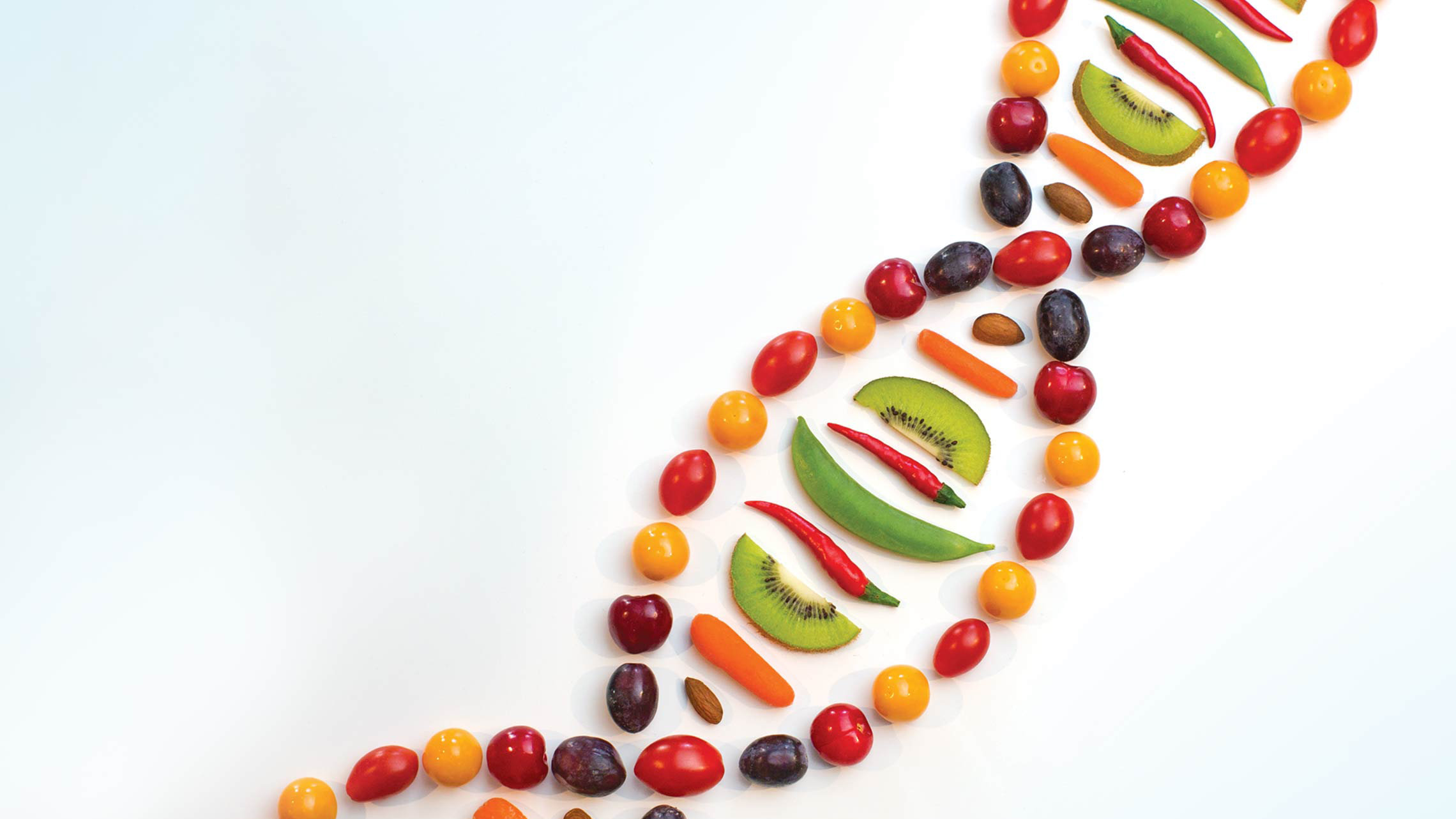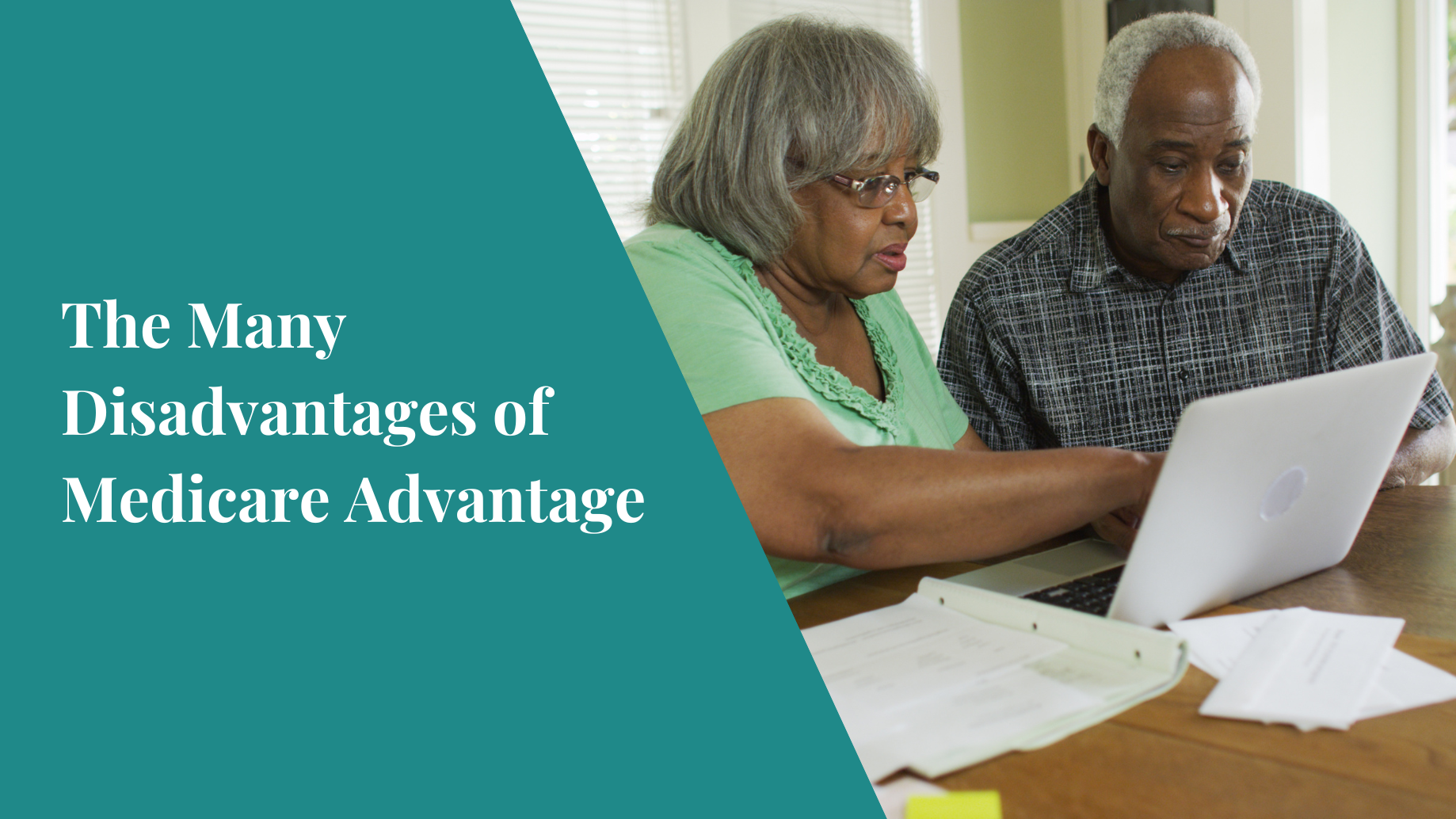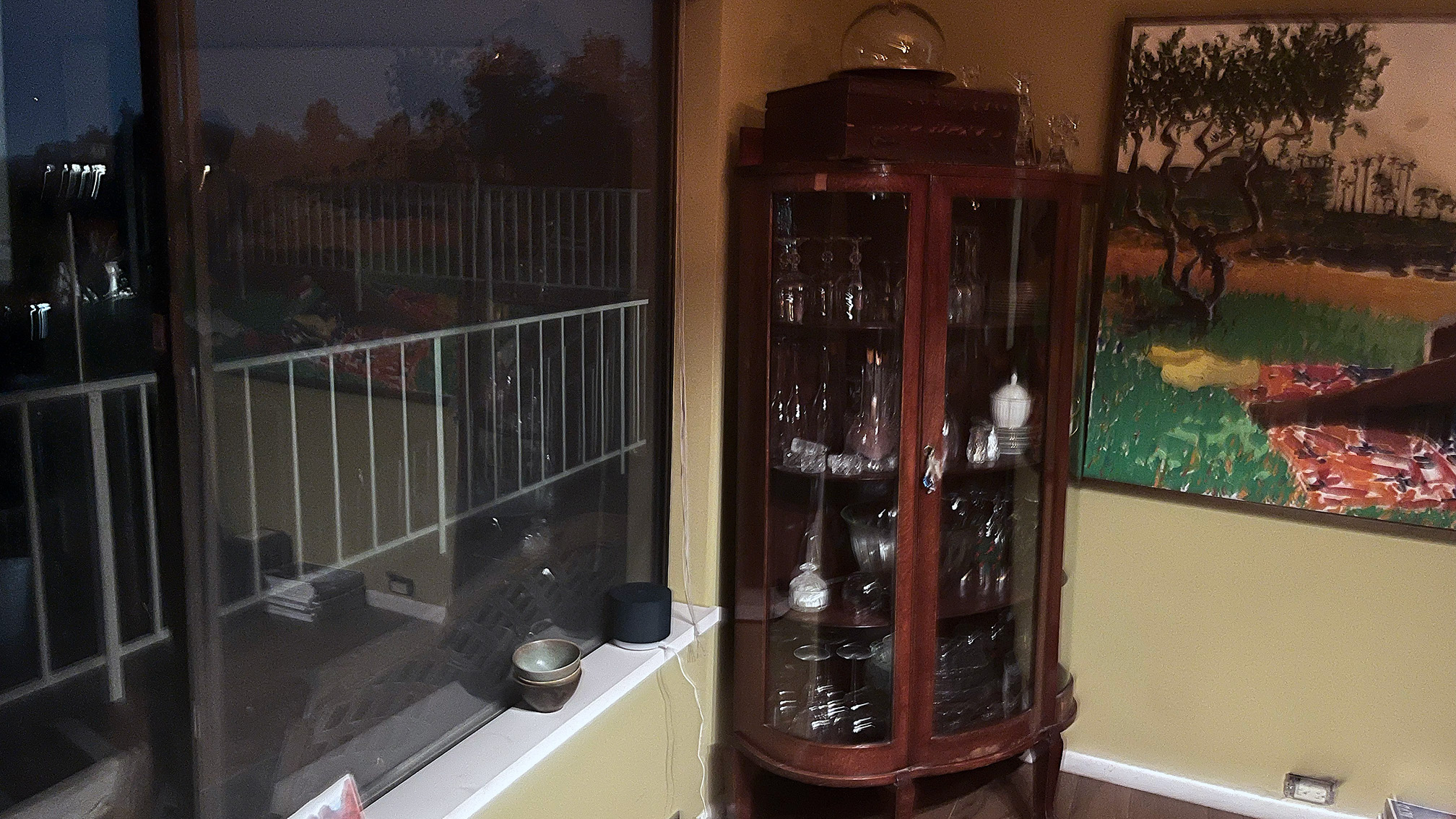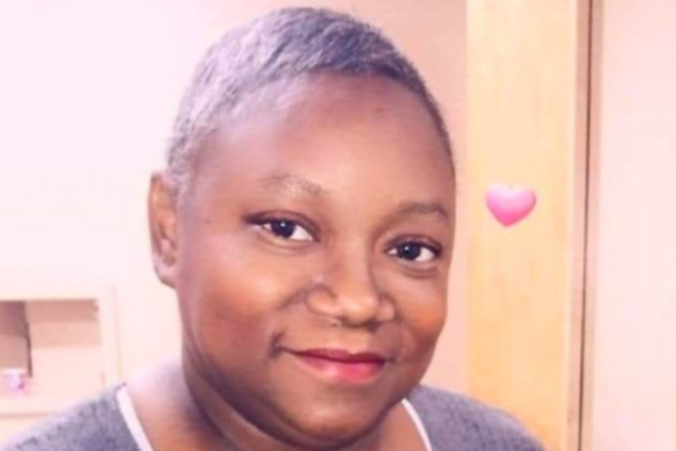I recently got a call from one of my girlfriends, who said she was having…

COVID-19 and Your Immune System: What You Don’t Know Could Hurt You
This article is dedicated to my dear friend, a fellow UCLA Bruin, who recently succumbed to COVID-19.
We’re officially a couple of months into the coronavirus pandemic, and I know the question on a lot of people’s minds right now is, “How will we ever recover from this?”
This virus has exposed a lot of vulnerabilities in our society. There are now more than 1 million people in the U.S. who have tested positive for COVID-19, and nearly 64,000 people—including some people I know personally—have died.
Our frontline health professionals have been working tirelessly to flatten the curve. But, week after week, it seems like the pandemic exposes more healthcare disparities in our society and the limitations of our corporate-dominated healthcare system.
I know the picture looks bleak at the moment. But, as a doctor who has spent decades treating many conditions that most people would think couldn’t be healed, I want to offer a different perspective that could possibly give someone hope during this crisis.
Let the COVID-19 pandemic serve as our wake-up call
My message is this: Our bodies were made to heal from many serious health conditions. While there isn’t a cure yet for COVID-19, there are many things we can do to take care of our bodies so that this virus doesn’t get the best of us (and no, I’m not talking about taking any untested drugs that could cause further damage to your health).
Here’s what I mean by that statement: I think it’s safe to say that the COVID-19 pandemic has been a wake-up call for everyone. But one of the underlying problems the virus has exposed is that a person’s immune system is a crucial factor in his or her ability to survive an infection, manage chronic diseases and achieve optimal health after experiencing trauma.
If you look at why so many people suffer from health conditions such as arthritis, cancer, cardiovascular disease, diabetes or multiple sclerosis, you will often find that, in one way or another, the disease is linked to a deficiency in people’s immune systems.
How to know what your body needs before something big happens
So what’s the best way to prevent a disease from taking away your hope for healing? By taking care of any underlying micronutrient deficiencies that may exist.
That’s why we use DNA micronutrient testing with all of our executive physicals at the Tolbert Center. These tests measure levels of more than 35 nutritional components including vitamins, antioxidants, minerals and amino acids within our white blood cells.
The results provide valuable insight into the individual’s unique biological chemistry and highlight the unique needs of that individual when it comes to maintaining a proper micronutrient balance and optimal health.
DNA micronutrient testing also helps give our patients the very thing they have been longing for: healing, vitality and pain relief.
I’m not saying any one of us is immune from the coronavirus. But correcting micronutrient deficiencies can not only slow down the effects of degenerative disease progression but also help prevent future injury and recovery.
What you can control about COVID-19
Another thing to keep in mind is that, when it comes to our health, there are things we can control and things we can’t control.
I get it: we’re all human, which means we allow ourselves every now and then to take a nap, eat fries, eat a burger or indulge in some chocolate—even when we know it might not be good for our bodies. Unfortunately, if it came down to it, those bad habits would not give us the fighting chance we would need to beat this virus. In fact, those habits make it a challenge to fight any illness.
Let’s look at some of the data that has been coming in so far about the pandemic:
- The hospitalization rate for COVID-19 is 4.6 per 100,000 people and almost 90% of the hospitalized patients have some type of underlying condition, according to the Centers for Disease Control and Prevention.
- Hypertension was the most common comorbidity among the oldest patients, with a prevalence of 72.6%, followed by cardiovascular disease at 50.8% and obesity at 41%.
- In the two younger groups, obesity was the condition most often seen in COVID-19 patients.
On top of that, most chronic diseases are still being treated with prescription drugs these days. While medications are often prescribed for pain relief, I’m surprised that most people aren’t aware of the fact that the medicine they use to treat the symptoms of these conditions can often rob them of the nutrients most needed for their bodies to heal.
For example, diabetic drugs are associated with a depletion of coenzyme Q10, vitamin B12 and folic acid, which can weaken your immune system, create low energy, cause cardiovascular disease and put you more at risk for cancer.
While you might not be able to determine whether or not you will get a disease, you do have the ability boost your immune system and address any underlying conditions by staying proactive about your own health.
So how can we help ourselves heal and simultaneously minimize our dependence on medications? It all comes down to patient education.
My concept of wellness includes educating and empowering patients with tools based on science so that we can be active participants in achieving their health goals. As a doctor who is in charge of people’s healing, my only goal can’t just be getting a patient’s lab values to normal. I have the ability to help people feel strong and enjoy an active lifestyle.
As a patient, you have the ability to do your own research as well. But I do want to caution folks against using Google to diagnose every medical condition you encounter.
Quite frankly, much of the medical information on the Internet is not based on science and can be misleading. As Nisha, my biomedical research colleague at UCLA, often says: “There are more questions in medicine than answers.”
All diseases have this one thing in common
So let me tell you a quick story about a doctor who made a fascinating discovery some years ago about diseases and what people can do to prevent them.
In 1957, a surgeon named Dr. Denis Burkitt encountered a puzzling form of childhood cancer while visiting hospitals in East Africa. On the trip, he noticed something strange—that the disease followed a geographic pattern that never appeared far from the equator or the east coast of Africa.
He identified the cause of the childhood cancer as a virus, now known as the Epstein-Barr virus, that had been spread by an insects. He went on to develop a cure that drew worldwide acclaim.
Eventually, Dr. Burkitt found interest in studying more puzzling diseases. For example, he noticed that the great bulk of diseases occurring in the Western world—heart disease, diabetes and obesity—were surprisingly rare in rural parts of Africa.
After conducting numerous investigations over the years, Dr. Burkitt concluded that there was a big difference in the kinds of diseases affecting poor Africans and the affluent in the Western world. The research all pointed to diet.
Dr. Burkitt, fondly remembered as the Fiber Man, pointed out in his findings that a focus on nutrition and prevention could help us recover from a lot of the diseases that plague us in the United States.
The thing I really want you to take away from this is that diet and lifestyle are the main factors that lead to good health.
That’s why it’s especially important that we fight for our health during this coronavirus crisis. Our health and wellness is ultimately in our own hands. We can’t just pass off that responsibility to the health care providers, government and the insurance companies.
In Memory of Vincent Boyce
This Post Has One Comment
Comments are closed.




Much needed information…and yes, we all miss Vinny.
Thank you for your expertise and for sharing it with all if us,